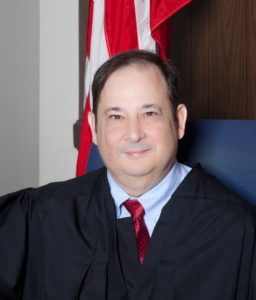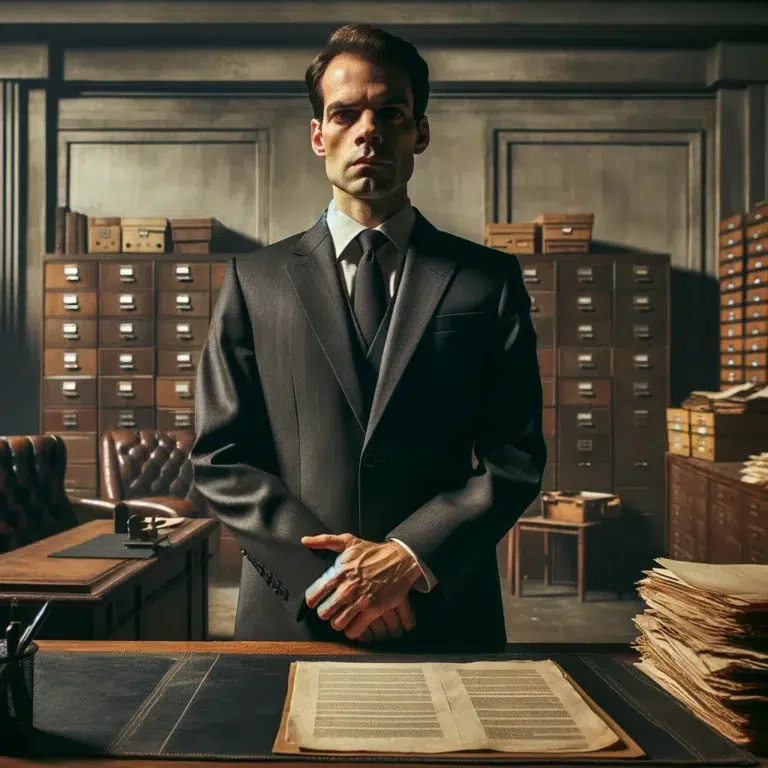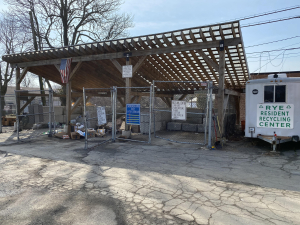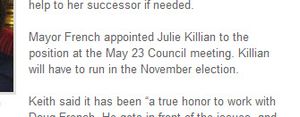Holding Court: Who’s Whom
Holding Court is a series by retired Rye City Court Judge Joe Latwin. Latwin retired from the court in December 2022 after thirteen years of service to the City.
What topics do you want addressed by Judge Latwin? Tell us.
By Joe Latwin

There are several people who make the Rye City Court work. Let’s meet them.
They are all appointed civil service employees and generally work from 9 to 5. The person in charge is the Chief Clerk. She is responsible for the people in the Court. She sets the tone for the interactions with the public. She handles all the work schedules, supervises the other clerks, handles the financial records and reporting, and prepares the many reports that are required, does the budgeting, ensures there are adequate supplies, and manages everything but the Judges. She is also available
There are also three clerks.
There is a clerk that handles the criminal calendar. She gathers the files for the cases that are on the calendar, and handles all the filing and correspondence from attorneys. She coordinates the calendar with the District Attorney’s office, enters prepares the documents that must be signed by the Judges and those that are provided to the parties. The criminal clerk also coordinates with the police and the jail to make sure that defendants that are in custody will be brought to the court. She will manage the recording of proceedings in the Court room, maintain each case file, ensure that papers that are filed are properly docketed, contact attorneys that may be assigned to indigent defendants. She makes sure all convictions are properly reported to the State Division of Criminal Justice Services.
There is a civil clerk. The civil clerk is responsible for taking in all civil cases – including small claims, commercial claims, landlord-tenant cases, actions for money damages, and requests for subpoenas. She will often prepare the judgments. If enforcement of a judgment or order is required, she will coordinate with the City Marshal. The civil clerk manages the scheduling of the civil cases and electronically enters the papers in the appropriate case files and enters the filings in the electronic docket.
There is a traffic clerk. The traffic clerk manages the Vehicle and Traffic tickets issued by the police. Each day she will download them and print out the tickets that are filed and create a file for each incident. She receives the pleas entered by defendants and schedules conferences and trials for those that plead not guilty and either fail to appear or are unable to resolve charges with the Corporation Counsel. She ensures that the dispositions are properly reported to the Department of Motor Vehicles. The traffic clerk also sends a report to the DMV of drivers that failed to appear and need to have their licenses suspended.
All these clerks also answer the telephone, handle the mail, accept filings from the public at the window, and provide information. Since they are not lawyers and must maintain the neutrality of the court, they cannot give legal advice or discuss anything but administrative or procedural matters. They are cross-trained to cover for each other if another clerk is unavailable.
There are three court officers. One is usually at the mag machine, screening people as they enter the court for weapons and contraband. He will also check people in so the clerks know which cases have all parties and are ready to be called. He will also direct people either into the court room or to the clerk’s office, depending on where they need to go conduct their business. One of the other court officers will manage the court room, making sure everything is orderly, protecting the judges and the public, and calling the cases on the calendar. The other court officer will supervise defendants in custody, if any, but if none, will help out in the court room. All the court officers are highly trained in de-escalating situations before they get out of hand. They also will let people know if there is any delay and the reason. If a person shows up but their attorney doesn’t, they will try to have the attorney contacted so that no one is waiting for another.
These people make the court work and make a visit to the court as simple and painless as possible. They are well aware that the court is really in the customer service business.






